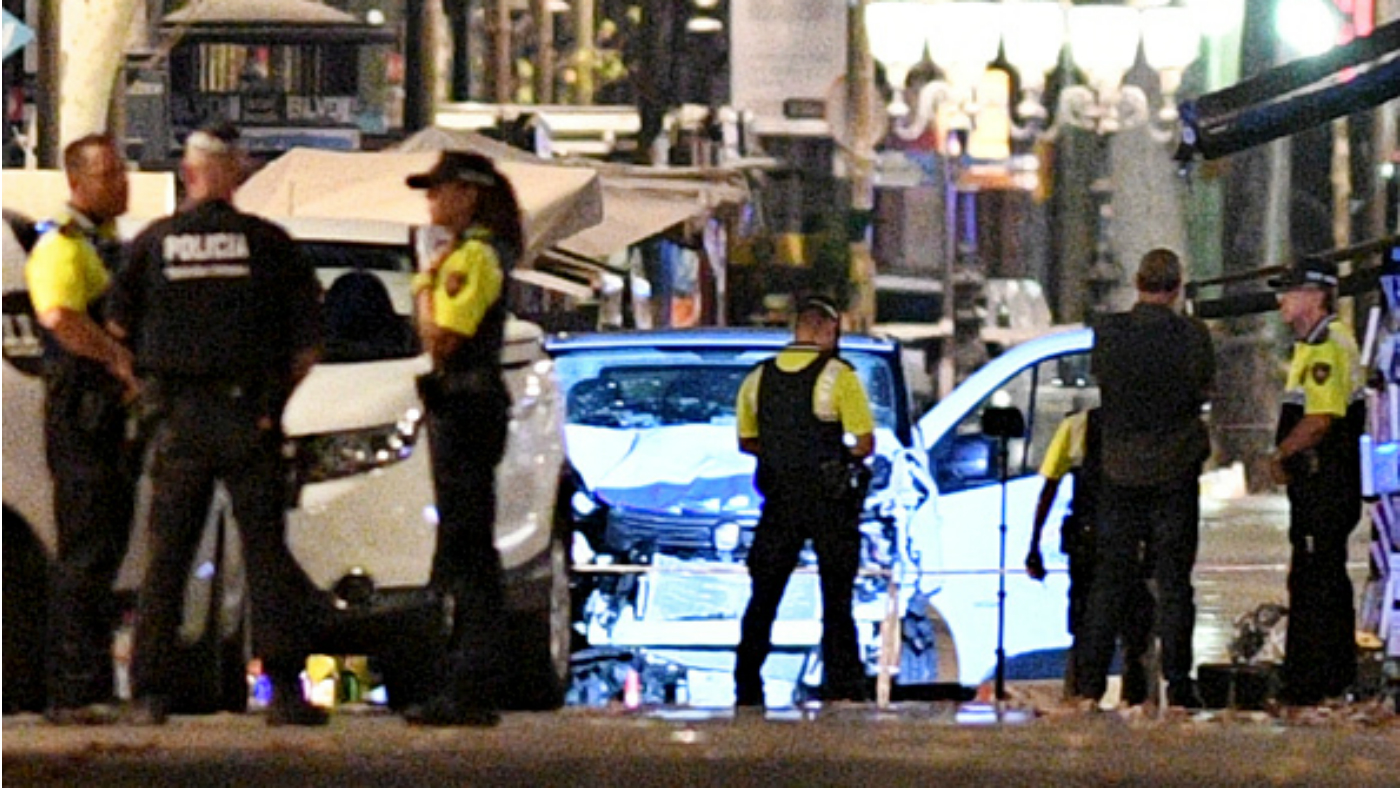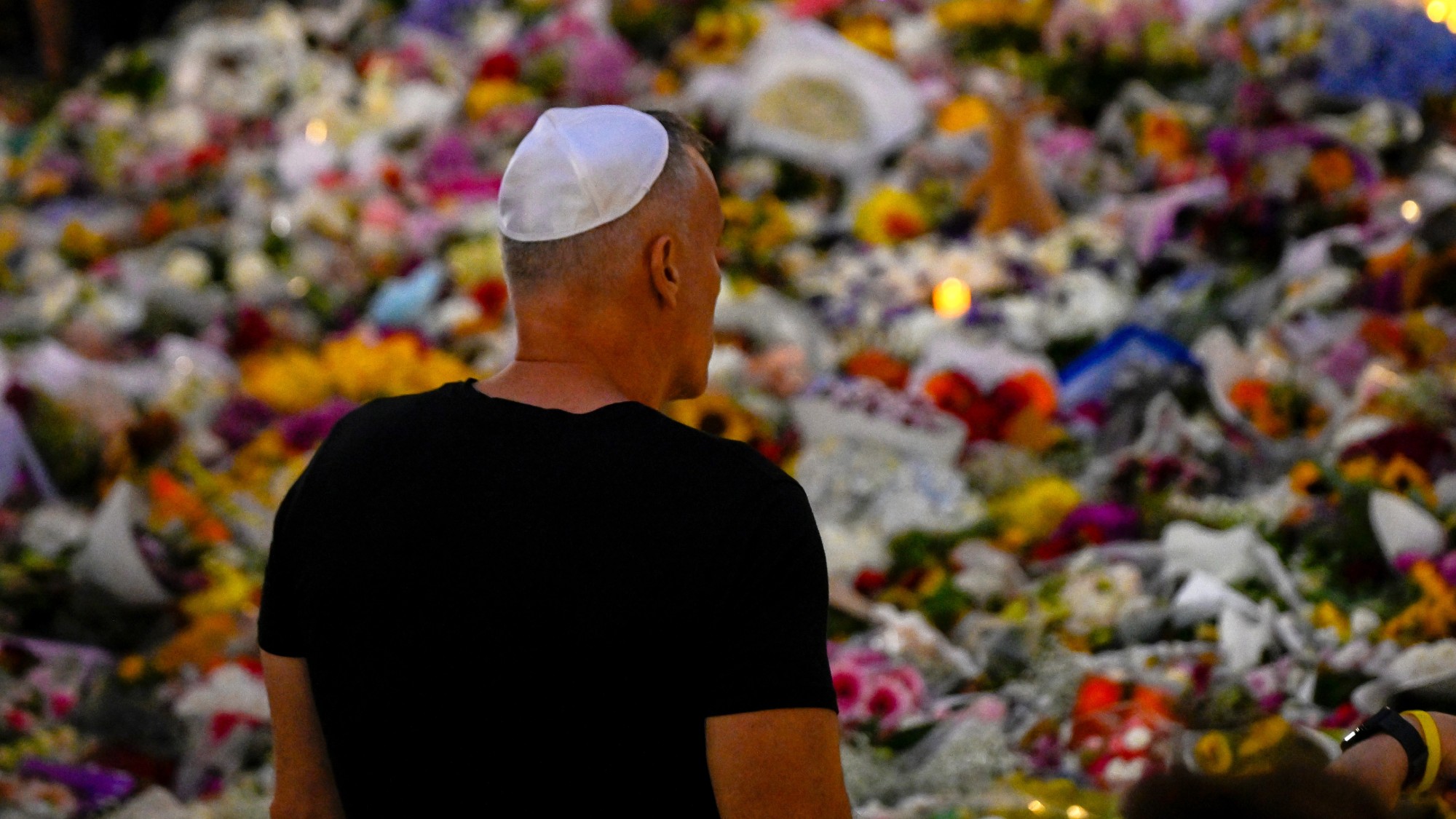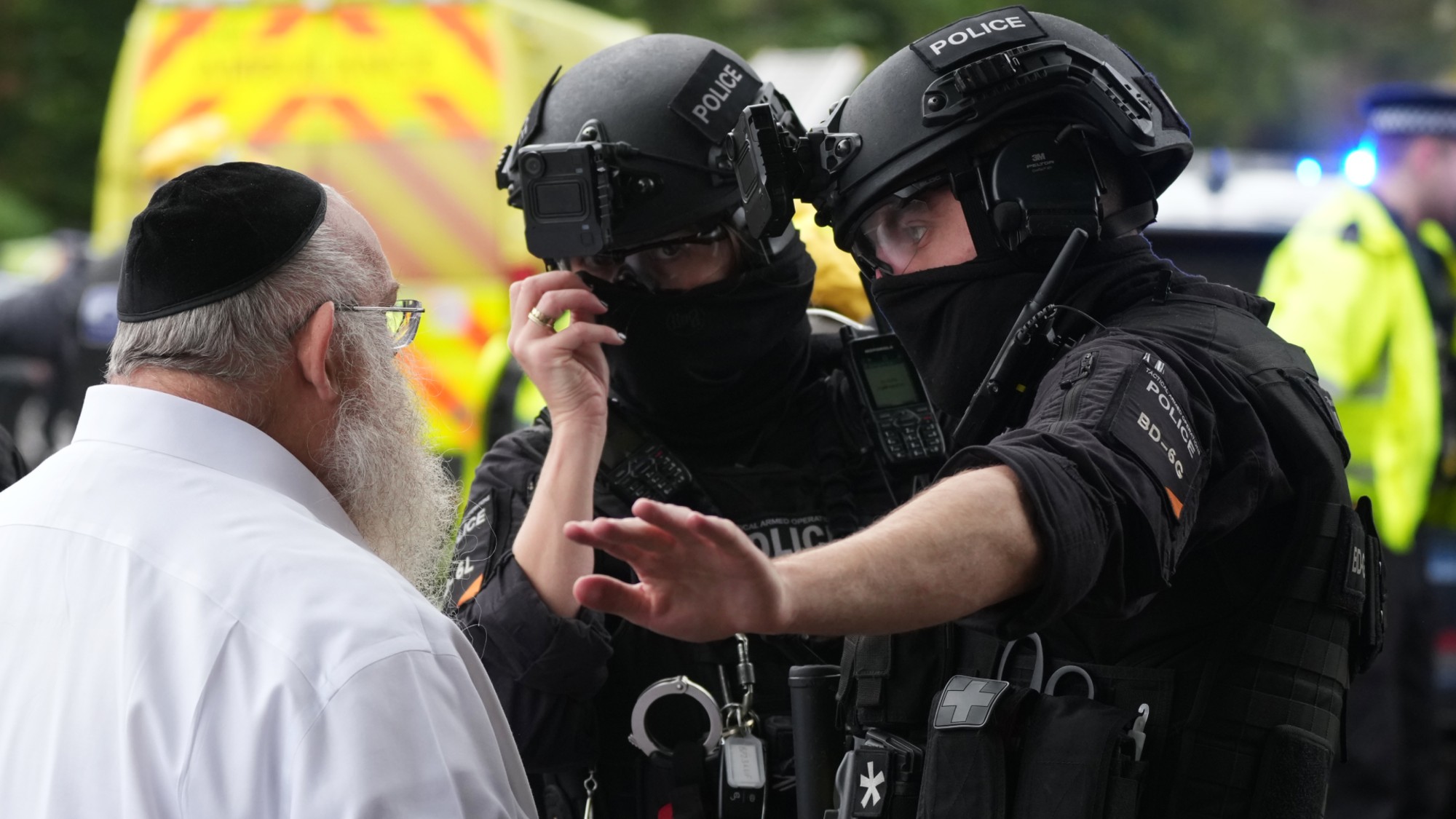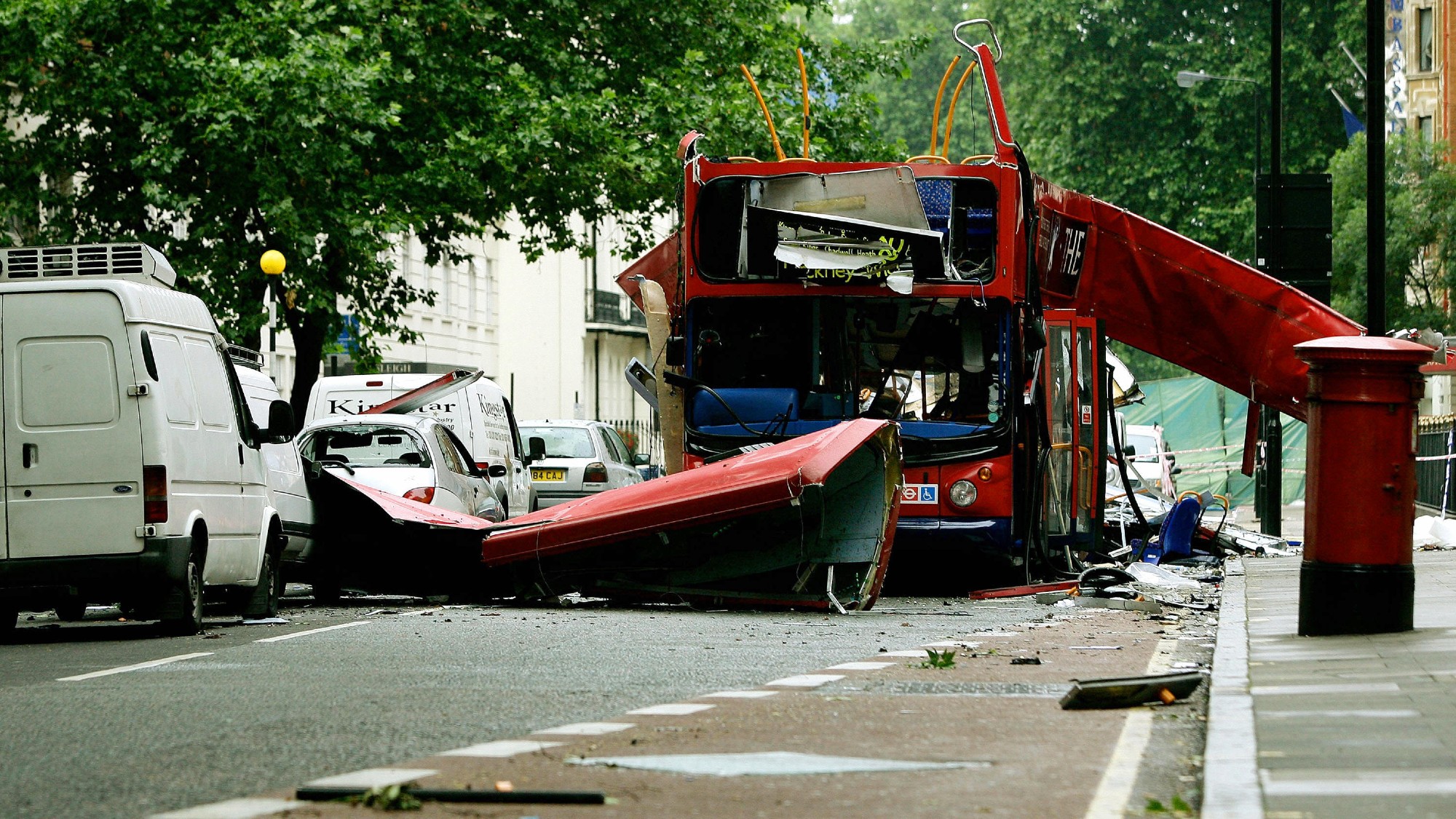Barcelona terrorist attack: Can vehicle ramming be prevented?
Digital force fields could be employed to create boundaries after a spate of vehicle attacks

A free daily email with the biggest news stories of the day – and the best features from TheWeek.com
You are now subscribed
Your newsletter sign-up was successful
The rise in terrorist attacks involving cars or trucks has forced countries to consider new ways to protect public spaces.
Yesterday's twin attack in Spain is the latest in a series of terrorist incidents involving vehicles driven into crowds. Similar attacks have taken place in London, Stockholm, Nice and Berlin.
The US, Israel and the UK are leading the way when it comes to protecting the public from this threat, says the BBC.
The Week
Escape your echo chamber. Get the facts behind the news, plus analysis from multiple perspectives.

Sign up for The Week's Free Newsletters
From our morning news briefing to a weekly Good News Newsletter, get the best of The Week delivered directly to your inbox.
From our morning news briefing to a weekly Good News Newsletter, get the best of The Week delivered directly to your inbox.
"[The] measures range from in-your-face massive barriers to incredibly subtle changes in the street scene that you and I would barely notice," home affairs correspondent Dominic Casciani reports.
In the US, crash-resistant bollards are now outside all military and government buildings, as well as other high-risk locations. Similar measures are in place in the UK and Israel.
Other forms of protection against vehicle attacks are known as "anti-ramming landscape features" that can be integrated seamlessly into the structure or design of a building.
Arsenal's Emirates Stadium has been held up as a model for this form of protection, says The Guardian.
A free daily email with the biggest news stories of the day – and the best features from TheWeek.com
Large concrete letters spelling out the football club's name act as a barrier to vehicles, as do concrete benches and giant ornate cannons positioned outside the stadium's entrance.
In Sweden, a more high-tech approach is being trialled in response to the attack in Stockholm earlier this year.
Known as "geo-fencing", the approach uses satellites to create electronic boundaries around specific sites and can also be used to limit the speed of a vehicle.
The Times reported last month that authorities in the UK could adopt the measure.
But even with a range of protections in place, deadly attacks on soft targets will still occur, says Newsweek. "Security officials say there is ultimately very little authorities can do to eradicate the problem," the magazine reports.
-
 How the FCC’s ‘equal time’ rule works
How the FCC’s ‘equal time’ rule worksIn the Spotlight The law is at the heart of the Colbert-CBS conflict
-
 What is the endgame in the DHS shutdown?
What is the endgame in the DHS shutdown?Today’s Big Question Democrats want to rein in ICE’s immigration crackdown
-
 ‘Poor time management isn’t just an inconvenience’
‘Poor time management isn’t just an inconvenience’Instant Opinion Opinion, comment and editorials of the day
-
 How the ‘British FBI’ will work
How the ‘British FBI’ will workThe Explainer New National Police Service to focus on fighting terrorism, fraud and organised crime, freeing up local forces to tackle everyday offences
-
 How the Bondi massacre unfolded
How the Bondi massacre unfoldedIn Depth Deadly terrorist attack during Hanukkah celebration in Sydney prompts review of Australia’s gun control laws and reckoning over global rise in antisemitism
-
 Who is fuelling the flames of antisemitism in Australia?
Who is fuelling the flames of antisemitism in Australia?Today’s Big Question Deadly Bondi Beach attack the result of ‘permissive environment’ where warning signs were ‘too often left unchecked’
-
 Ten years after Bataclan: how has France changed?
Ten years after Bataclan: how has France changed?Today's Big Question ‘Act of war’ by Islamist terrorists was a ‘shockingly direct challenge’ to Western morality
-
 Arsonist who attacked Shapiro gets 25-50 years
Arsonist who attacked Shapiro gets 25-50 yearsSpeed Read Cody Balmer broke into the Pennsylvania governor’s mansion and tried to burn it down
-
 Manchester synagogue attack: what do we know?
Manchester synagogue attack: what do we know?Today’s Big Question Two dead after car and stabbing attack on holiest day in Jewish year
-
 The Miami Showband massacre, 50 years on
The Miami Showband massacre, 50 years onThe Explainer Unanswered questions remain over Troubles terror attack that killed three members of one of Ireland's most popular music acts
-
 The failed bombings of 21/7
The failed bombings of 21/7The Explainer The unsuccessful attacks 'unnerved' London and led to a tragic mistake